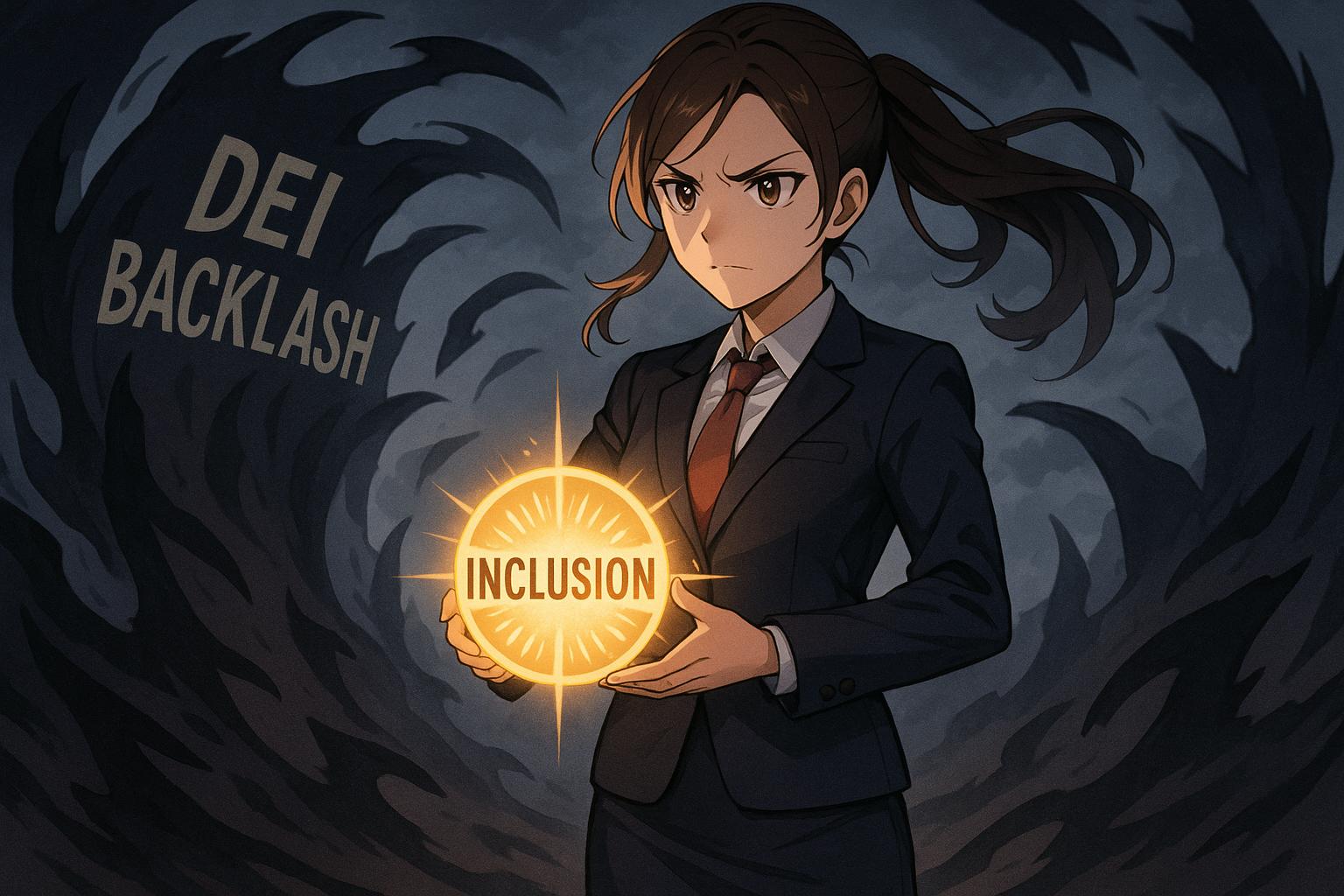Senior figures within British business are expressing grave concerns over a pronounced "chilling effect" on diversity, equity, and inclusion (DEI) initiatives. The term "DEI" is increasingly being jettisoned in favour of less politically charged concepts like "wellbeing," "belonging," and "culture." This evolution underscores a fear that the emerging political climate, especially with the rise of a conservative alternative, could further inhibit efforts aimed at workplace fairness.
Five years since the tragic murder of George Floyd, which sparked widespread discussions on racial inequality, many firms seem to be retreating from DEI initiatives to dodge the backlash they now associate with those concepts. Paul Sesay, founder of the National Diversity Awards, claims, “They’re embedding diversity while discarding the terminology…I don’t necessarily view it as a setback.” However, this shift to more diffuse cultural transformation can mask a regressive trend; titles such as "heads of culture" now replace the more direct "heads of DEI," which may dilute accountability.
In the UK, the atmosphere surrounding DEI initiatives has taken a contentious turn, particularly with plans from certain rising political factions to dismantle such programmes in local councils. Observers may optimistically suggest that a wholesale rollback is unlikely, protected by the Equalities Act and potential legal ramifications stemming from discrimination. Yet, the fear remains palpable, especially among US-based companies operating here, which might feel compelled to conform to an increasingly conservative ethos.
The Financial Times highlights that significant entities like Deloitte US have dramatically restructured their DEI strategies to comply with new political pressures, including abandoning gender-neutral language. Meanwhile, Deloitte's UK branch may still champion its DEI initiatives, but this misalignment exemplifies the difficulties faced in navigating divergent political landscapes. Richard Houston, the firm's UK chief, claims that advancing diversity is essential amidst this upheaval, yet such assertions risk becoming mere platitudes if not backed by action.
Noreen Biddle Shah, founder of Reboot—an organisation tackling racial inequality in financial services—warns that the current backlash against DEI threatens not only alliances but also deters employees from raising concerns about racial issues, effectively fostering a culture of silence. Alarmingly, a recent report indicates that 70% of ethnic minority professionals in the sector feel stagnation in progress since the Black Lives Matter movement, showcasing a troubling lack of momentum.
Experts recognize the hazards of dismissing DEI initiatives. Evidence indicates that retracting support not only jeopardizes employee retention and recruitment but also invites potential legal challenges. Despite these obstacles, numerous UK firms persist in advocating for DEI, viewing it as vital for economic success. Their commitment to nurturing inclusion, echoed by organizations like UK Finance and the Law Society, remains a testament to the enduring belief that diversity is a pivotal driver of organizational achievements.
As discussions regarding the future of DEI shift, businesses and trade bodies are reassessing their commitments under a politically charged climate. While the wider industry contemplates the consequences of recent US developments, many firms in the UK remain resolute in their dedication to inclusion. Notably, the Co-op group's leadership warns that any dilution of DEI could undo significant progress, noting that failing to tackle inequalities perpetuates the very status quo that many wish to dismantle.
In summary, while there is a noticeable move away from explicit DEI terminology, the underlying commitment to foster inclusivity and confront discrimination remains—albeit often reframed. Although the UK’s political landscape presents unique challenges, the resilience of organizations prioritizing these values signals a determination to sustain a genuinely equitable workplace amid shifting tides.
Source: Noah Wire Services
